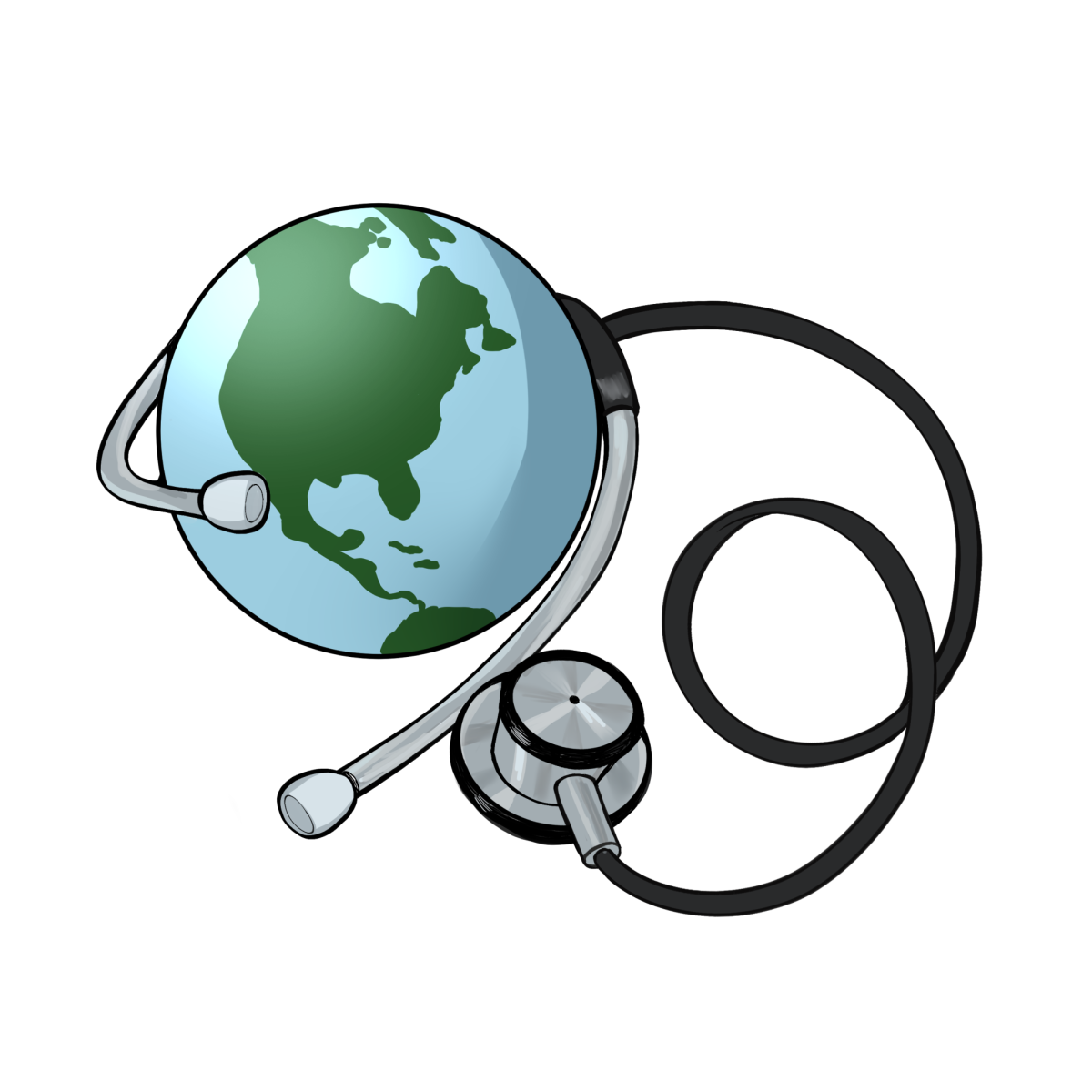Every year, healthcare expenses increase as does the population, creating a larger demand for treatment. Though there are 72 countries that have universal healthcare including Australia, Canada, Denmark and Brazil. However, there is one country missing,the United States (U.S.). Despite the increasing population, rising prices and aging population, there is no effort to universal healthcare. The current system providing aid is not enough, there is a long needed change to offer universal healthcare in America.
There are various options available that are used by different countries that offer universal healthcare. The World Health Organization describes universal healthcare as when “all people have access to the full range of quality health services they need, when and where they need them, without financial hardship.”
The desperate need for universal healthcare is evident in alarming statistics captured by Universal Health Coverage Data, an institution looking to build funding and knowledge for its audience, describes the restrictions, economic issues and hardships faced with years of data in healthcare research. According to the Universal Health Coverage Data, the worldwide share of households using more than 10 percent of their budget on out-of-pocket health payment has continuously increased. Furthermore, up to 1.3 billion individuals were pushed or pushed closer into poverty by medical spending as of 2023, explaining the consequences of the current healthcare system.
The U.S. healthcare is often looked down on, in relation to countries like Norway whose universal healthcare program is ranked one of the best in the world, and is primarily funded by general taxes and by payroll contributions shared by employers and employees. It is crucial to recognize the difference in healthcare programs between the U.S. and other countries as an incentive for policy makers and government officials to follow suit.
Though offering universal healthcare may not be a quick and easy shift, various options including investment in Primary health care (PHC) as explained by the Universal health coverage research “is the most effective and cost-efficient way to get there.” Furthermore, it is emphasized by the World Health organization that investing in PHC ensures that citizens’ needs are identified, prioritized and addressed, all sectors of society contribute to factors affecting health and well-being, and so much more in terms of recovery and response.
Many researchers encourage the U.S. to follow PHC as an effective solution to a healthcare program. This is further noted by the National Library of Medicine, a full-text archive of biomedical and life sciences journal literature, that states “Primary health care is essential to a person for leading sound health throughout the life. This includes physical, mental and social well-being of all people at all times. It should cover health promotion, disease prevention, treatment, rehabilitation, and palliative care.”
Whilst universal healthcare provides the necessary medical services for all citizens, A look at universal health care, describes how those against the idea of implementing universal healthcare in the U.S., may reason that having universal healthcare has “potential for higher income taxes when transitioning from another model” and “a national financial crisis could lead to less health care funding.”
However, the U.S should prioritize the incredible changes and benefits universal health care can provide its citizens. Universal health coverage emphasizes how the various benefits of enabling universal and integrated access to health services as close as possible to people’s everyday environments outweigh any potential issues that may arise. All in all, the U.S. needs to introduce a universal healthcare program to not only follow suit with other countries but provide Americans with the best health conditions possible.







